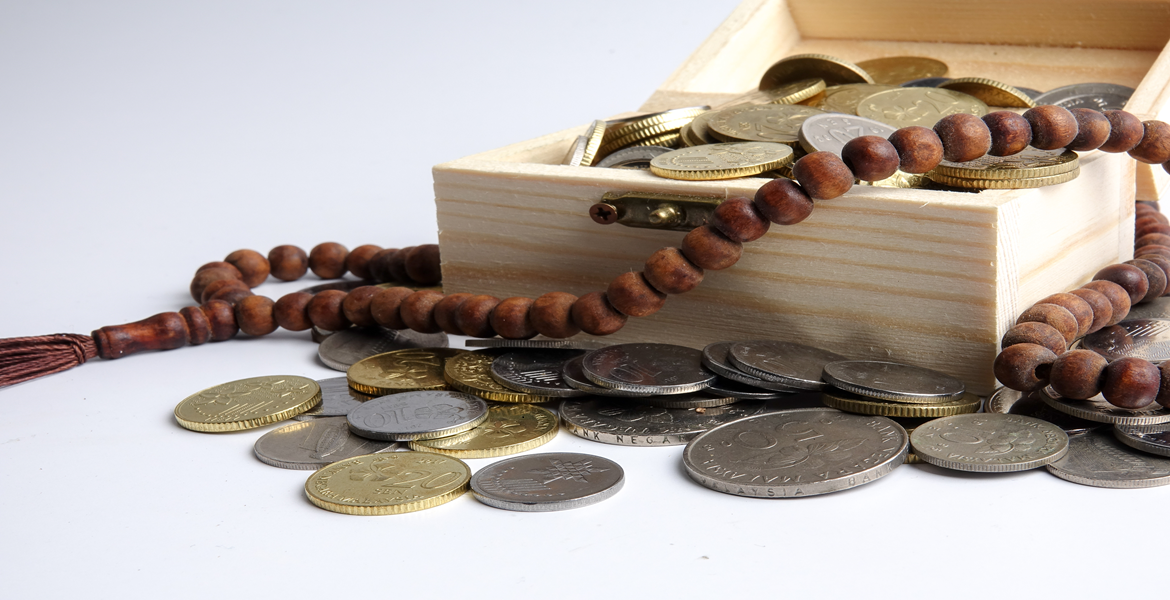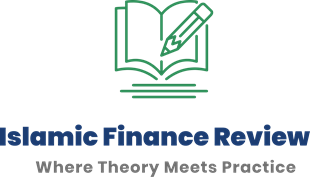
Green Sukuk: Bridging Islamic Finance and Environmental Stewardship in 2025
- Post by: wp-islamicfinancereviewcouk
- April 10, 2025
- No Comment
Bridging Islamic Finance and Environmental Stewardship in 2025
Sukuk (plural of Sakk, an Arabic word meaning “certificate”) are Shariah-compliant financial instruments, often referred to as Islamic bonds. They are used by companies or governments to raise capital without involving interest (riba), which is strictly prohibited in Islam. Unlike conventional bonds that represent debt obligations with fixed interest, Sukuk are structured around ownership in real assets or projects and generate returns through profit-sharing, leasing, or trade.
There are several types of Sukuk, including:
- Ijara Sukuk – Based on leasing; investors earn rental income.
- Murabaha Sukuk – Based on cost-plus sale agreements.
- Mudarabah Sukuk – Based on partnerships where one party provides capital and the other provides expertise.
- Istisna Sukuk – Used to finance construction or manufacturing.
- Green Sukuk – Used to finance environmentally sustainable projects, such as renewable energy, green infrastructure, and climate-resilient development.
As the global demand for ethical and sustainable finance continues to rise, Green Sukuk have emerged as a transformative instrument at the intersection of Islamic finance and climate action. A Green Sukuk is a type of Sukuk specifically structured to fund projects with measurable environmental benefits—such as renewable energy, sustainable agriculture, green buildings, and low-carbon transport systems.
Unlike conventional bonds, Green Sukuk not only comply with Islamic principles—such as the prohibition of interest (riba), requirement of asset-backing, and risk-sharing—but also with internationally recognised ESG (Environmental, Social, and Governance) standards. This dual compliance ensures both ethical integrity and a tangible commitment to sustainability.
Islamic Foundations for Environmental Stewardship
The principles of environmental care are deeply rooted in Islamic teachings.
The Qur’an emphasizes humanity’s role as stewards (Khalifah) of the Earth:
“It is He who has made you successors (Khalifah) upon the earth…”
— Surah Al-An’am (6:165)
This verse underscores the responsibility entrusted to humans to manage the Earth’s resources judiciously and ethically.
Furthermore, the Prophet Muhammad (peace be upon him) highlighted the transient nature of worldly possessions and the duty of stewardship:
“The world is sweet and green, and verily Allah is going to install you as vicegerents in it in order to see how you act.”
— Sahih Muslim
These teachings collectively advocate for a balanced approach to utilizing natural resources, ensuring their preservation for future generations.
The 2025 Landscape: A Surge in Green Sukuk Issuances
The year 2025 has witnessed significant momentum in Green Sukuk issuances:
- Indonesia issued a 30-year Green Sukuk in 2024, showing long-term commitment to sustainable financing.
- Saudi Arabia’s National Debt Management Center is planning to issue green bonds after finalizing its green framework in 2024.
- Islamic Development Bank (IsDB) raised US$1.75 billion in March 2025 through a benchmark Sukuk issuance, demonstrating strong investor confidence.
These developments reflect growing appetite for Green Sukuk, driven by environmental imperatives and demand for ethical investment avenues.
Why Green Sukuk Matter
- Faith-Based Responsibility:
Islamic teachings advocate environmental protection. The concept of Mizan (balance) in the Qur’an reinforces the idea of natural equilibrium:
“And He imposed balance. That you exceed not the bounds; but observe the balance strictly, and fall not short thereof.”
— Surah Ar-Rahman (55:7–9)
Green Sukuk operationalize this principle by funding projects that promote ecological balance.
- Market Growth:
The global ESG Sukuk market is projected to surpass USD 50 billion in 2025, as sustainability becomes central in Islamic finance. - Alignment with Global Goals:
Green Sukuk support the UN Sustainable Development Goals (SDGs), especially those related to clean energy, climate action, and sustainable cities.
Challenges and the Path Forward
While the growth is promising, several challenges need addressing:
- Standardization: Harmonizing Shariah interpretations with global green standards.
- Transparency: Ensuring reporting and third-party verification to avoid greenwashing.
- Awareness: Educating issuers and investors on Green Sukuk structures and benefits.
Collaboration between scholars, financial institutions, and regulators is essential to unlock the full potential of Green Sukuk.
Conclusion
The rise of Green Sukuk exemplifies the alignment of Islamic financial ethics with contemporary sustainability goals. By embedding environmental responsibility into Shariah-compliant finance, the Islamic finance industry can lead the way in supporting a greener, more equitable global economy.
At Islamic Finance Review (IFR), we are committed to promoting sustainable and ethical financial innovation. We invite scholars, practitioners, and policymakers to submit research and articles on this evolving area.
📩 Submissions are now open for the Journal of Islamic Banking, Economics and Policy (JIBEP).
Visit: www.jibep.org
Email: admin@islamicfinancereview.co.uk
Let us collaborate to foster a financial ecosystem that reflects the ethical and environmental principles at the heart of Islam.
